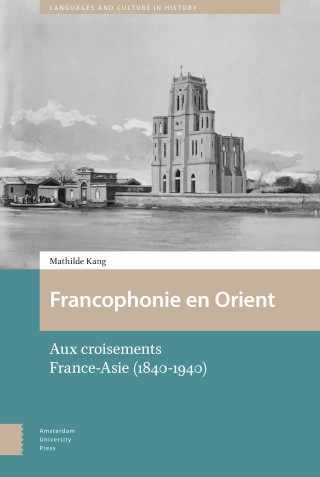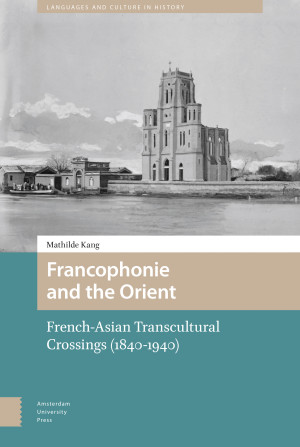Mathilde Kang was born in Shanghai, China. She has received her education in Québec in Canada and has taught French and Francophone Studies at various universities in North-America and elsewhere. The multicultural course of her life and her strictly French language education have led her to an interest in studying cultures made up of several mixed influences. Her main interest is the spreading of French culture outside Europe.
Née à Shanghai et scolarisée au Québec,
Mathilde Kang a jusque récemment été Maître de conférences à l'Université de Technologie Sydney. De parcours multi-culturel, assorti d'une formation purement francophone, elle se montre prédisposée aux études impliquant des cultures d'horizons divers et plus particulièrement la migration de la culture française vers d'autres continents.

